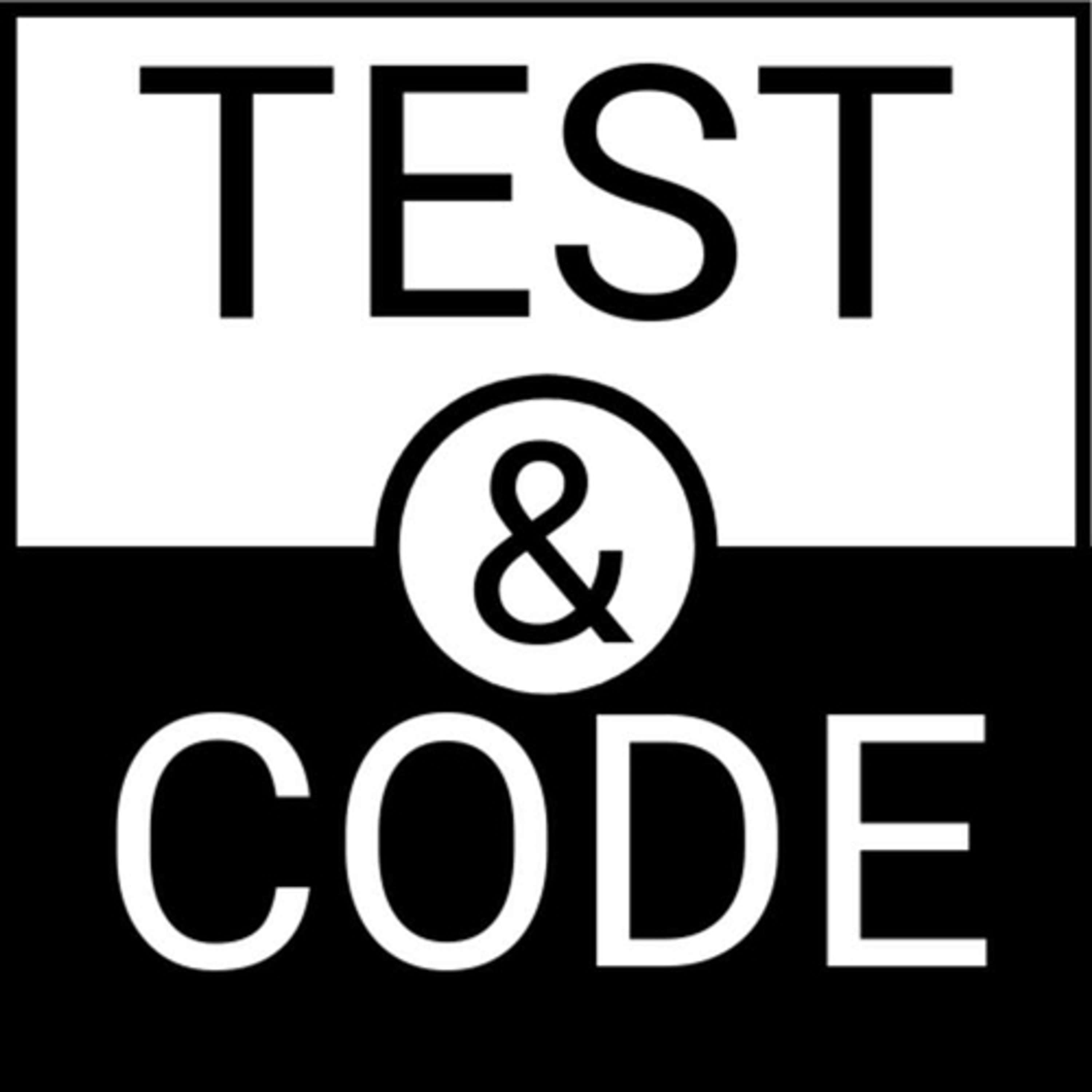
223: Writing Stuff Down is a Super Power

Test & Code
Deep Dive
Why is writing things down considered a superpower in meetings?
Writing things down in meetings helps improve listening, shows respect to others by indicating readiness to take notes and action items, and frees up mental space to focus on the discussion. It also allows for better preparation and organization, ensuring that important points and follow-ups are not forgotten.
What is the speaker's approach to preparing for a meeting?
The speaker prepares for a meeting by using a notebook with a blank first page to signal readiness to listen. If they have topics to discuss, they jot them down as bullet points on the next page to avoid distraction and ensure they remain attentive to others during the meeting.
Why does the speaker prefer handwritten notes over digital notes in meetings?
The speaker prefers handwritten notes because they believe digital devices like laptops or phones can give the impression of disengagement or multitasking, which may be perceived as disrespectful. Handwritten notes, on the other hand, convey focus and attentiveness.
What strategies does the speaker use to take effective notes during meetings?
The speaker uses shorthand keywords instead of complete sentences to capture key points, writes down to-do items and follow-ups, and jots down distracting thoughts to clear their mind. They also use symbols like boxes or circles to highlight actionable items and cross out irrelevant notes later.
How does the speaker manage and review their notes after a meeting?
The speaker reviews their notes soon after the meeting to identify and mark actionable items, such as to-dos or follow-ups. They transfer these tasks to digital tools like GitHub, to-do apps, or calendars to ensure they are actionable and not left on paper. They also periodically review their notebook to ensure nothing is missed.
What is the speaker's advice for writing effective emails?
The speaker advises keeping emails concise, editing drafts before sending, and clearly stating the desired action in the subject line. They also recommend addressing one topic per email to make it easier for the recipient to respond and manage their inbox.
How does writing things down help the speaker solve complex problems?
Writing things down helps the speaker organize their thoughts, identify constraints, and free up mental space to think creatively. For example, while working on an architectural change, writing down the problem and constraints led to a breakthrough solution after revisiting the notes the next day.
What role does writing play in the speaker's creative process?
Writing helps the speaker capture ideas for blog posts, podcast episodes, software projects, and art projects. By writing these ideas down, they can stop thinking about them and focus on their current work, while also having a reference for future projects.
Why does the speaker value writing blog posts and books?
The speaker values writing blog posts and books because they serve as personal references for recurring tasks or problems. For example, their book on Python testing is a go-to resource for solving technical challenges, saving time and effort by avoiding repeated research.
- Writing things down can be a superpower, helping with better listening, remembering information, and problem-solving.
- Using a blank page in a notebook encourages active listening and shows respect to others.
- Writing down personal talking points on a separate page prevents distractions and keeps an open mind.
- Selective note-taking is crucial to avoid writing too much; keywords and shorthand are recommended.
Shownotes Transcript
Taking notes well can help to listen better, remember things, show respect, be more accountable, free up mind space to solve problems.
This episode discusses
- the benefits of writing things down
- preparing for a meeting
- taking notes in meetings
- reviewing notes for action items, todo items, things to follow up on, etc.
- taking notes to allow for better focus
- writing well structured emails
- writing blog posts and books
** Learn pytest**
- pytest is the number one test framework for Python.
- Learn the basics super fast with Hello, pytest!)
- Then later you can become a pytest expert with The Complete pytest Course)
- Both courses are at courses.pythontest.com)